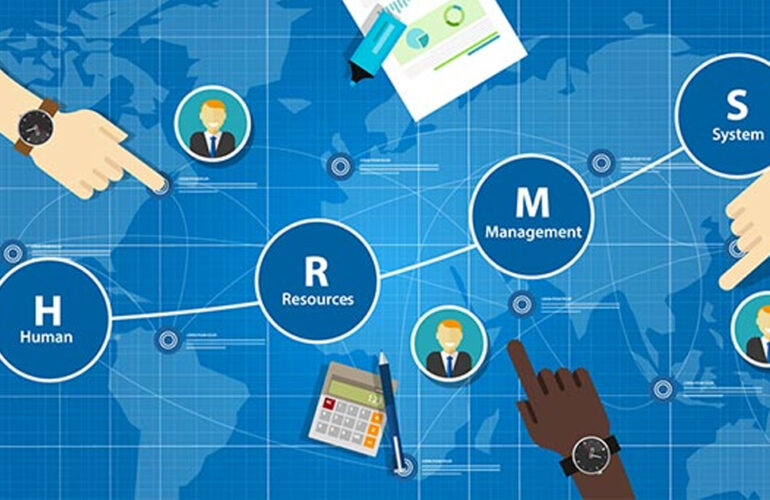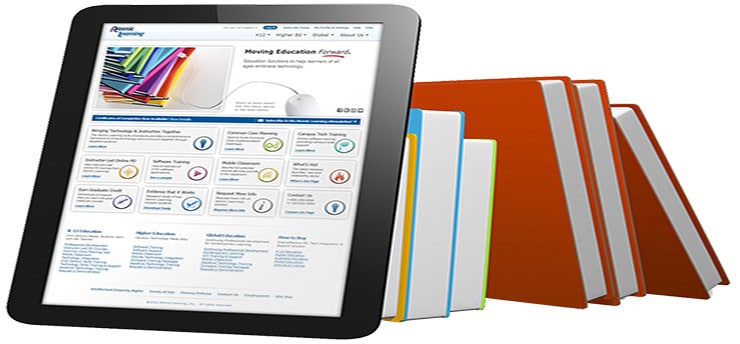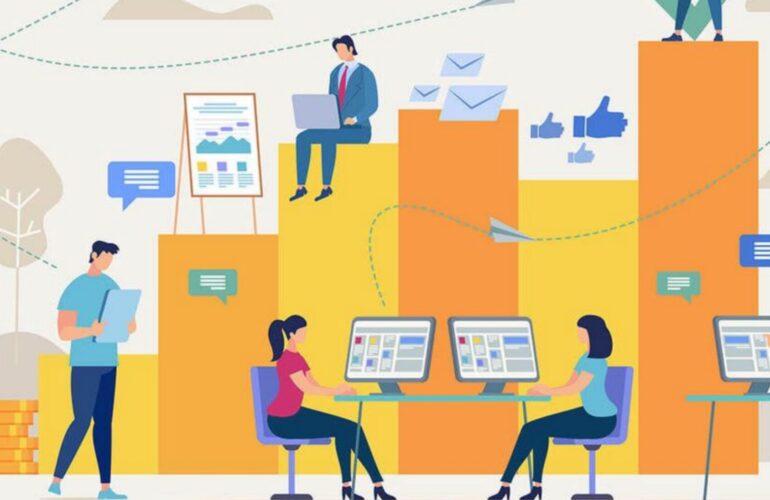Building Sustainable Human Resource Development Strategies in Small and Medium-sized Enterprises
Introduction
In today’s dynamic business landscape, small and medium-sized enterprises (SMEs) face unique challenges in developing sustainable human resource (HR) strategies. Amidst evolving market trends and workforce expectations, it becomes imperative for SMEs to construct robust HR development plans that not only attract but also retain talent while fostering organizational growth. This article delves into the intricacies of building sustainable HR development strategies tailored to the needs of SMEs.
Understanding Sustainable HR Development Strategies
Sustainable HR development strategies encompass a holistic approach towards nurturing talent, fostering employee engagement, and aligning HR practices with organizational goals. These strategies aim to create a conducive work environment that promotes employee well-being, fosters continuous learning, and drives innovation within the organization.
Key Components of Sustainable HR Development Strategies
- Strategic Workforce Planning: Aligning HR initiatives with long-term business objectives to anticipate future talent requirements.
- Talent Acquisition and Retention: Implementing innovative recruitment strategies and fostering a conducive work culture to attract and retain top talent.
- Employee Training and Development: Investing in continuous learning programs to upskill employees and enhance their capabilities.
- Performance Management Systems: Establishing transparent performance evaluation frameworks to recognize and reward employee contributions.
- Work-life Balance Initiatives: Promoting a healthy work-life balance through flexible work arrangements and wellness programs.
- Diversity and Inclusion: Fostering a diverse and inclusive workplace culture that celebrates individual differences and promotes equality.

Strategies for Sustainable HR Development in SMEs
SMEs can leverage the following strategies to build sustainable HR development practices tailored to their unique needs:
1. Strategic Workforce Planning
Incorporate agile workforce planning methodologies to anticipate skill gaps and align talent acquisition efforts with organizational goals.
2. Talent Acquisition and Retention
Implement employer branding initiatives to enhance the organization’s reputation as an employer of choice. Offer competitive compensation packages and opportunities for career advancement to attract and retain top talent.
3. Employee Training and Development
Invest in cost-effective training programs that leverage digital learning platforms to upskill employees and enhance their productivity.
4. Performance Management Systems
Implement performance management systems that provide regular feedback and recognition to employees, fostering a culture of continuous improvement and accountability.
5. Work-life Balance Initiatives
Offer flexible work arrangements such as telecommuting and flexible hours to accommodate the diverse needs of employees. Encourage a healthy work-life balance through wellness programs and stress management initiatives.
6. Diversity and Inclusion
Promote diversity and inclusion initiatives that celebrate the unique perspectives and backgrounds of employees. Foster an inclusive workplace culture where all employees feel valued and respected.
Frequently Asked Questions (FAQs)
How can SMEs measure the effectiveness of their HR development strategies?
Sustainable HR development strategies can be evaluated based on key performance indicators such as employee retention rates, productivity levels, and employee satisfaction scores.
What role does technology play in enhancing HR development in SMEs?
Technology enables SMEs to streamline HR processes, automate repetitive tasks, and access data-driven insights for informed decision-making in talent management.
How can SMEs overcome budget constraints in implementing HR development initiatives?
SMEs can explore cost-effective alternatives such as online learning platforms, peer-to-peer mentoring programs, and leveraging government-funded training initiatives.
What are the benefits of fostering a diverse and inclusive workplace culture in SMEs?
A diverse and inclusive workplace culture fosters creativity, innovation, and employee engagement while enhancing the organization’s reputation as an employer of choice.
How can SMEs adapt their HR development strategies to accommodate remote work trends?
SMEs can leverage technology to facilitate remote training and development programs, establish clear communication channels, and implement flexible work policies.
What role do leadership and management play in driving sustainable HR development in SMEs?
Leadership commitment to fostering a culture of learning and development is essential for driving sustainable HR development initiatives in SMEs.
Conclusion
In conclusion, building sustainable HR development strategies is crucial for the long-term success of SMEs. By embracing innovative approaches to talent management, fostering a culture of continuous learning, and prioritizing employee well-being, SMEs can create a competitive advantage in today’s dynamic business environment.





